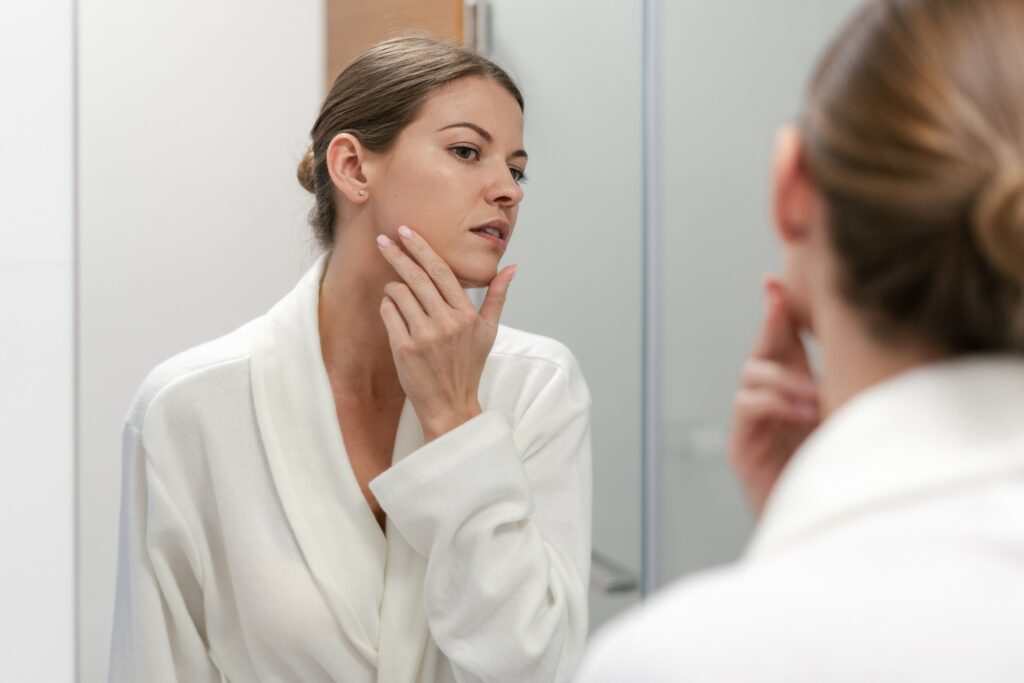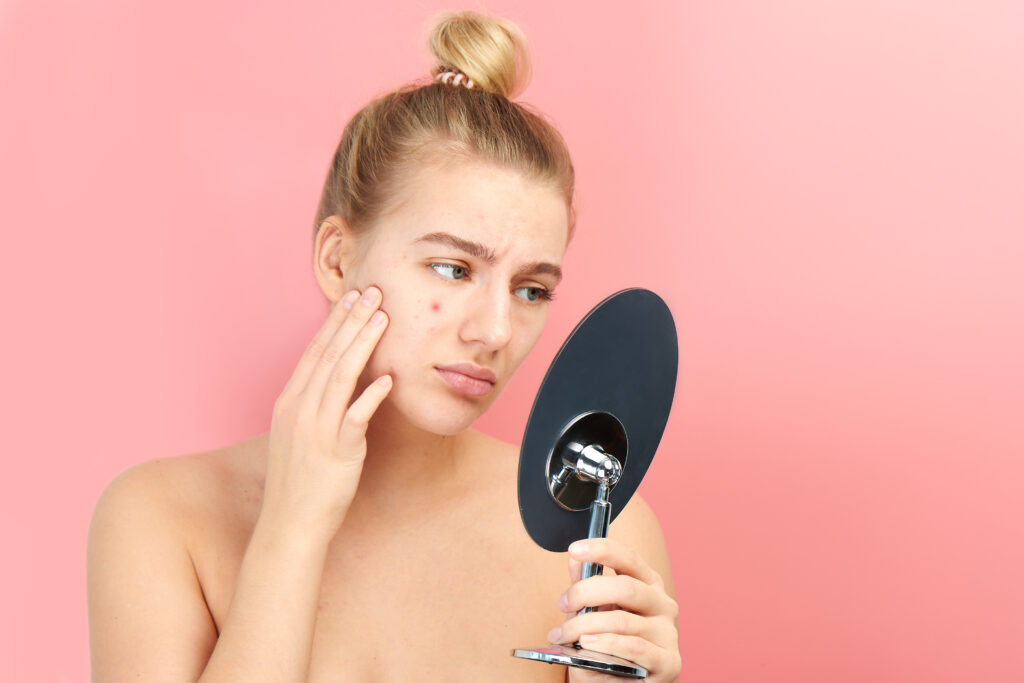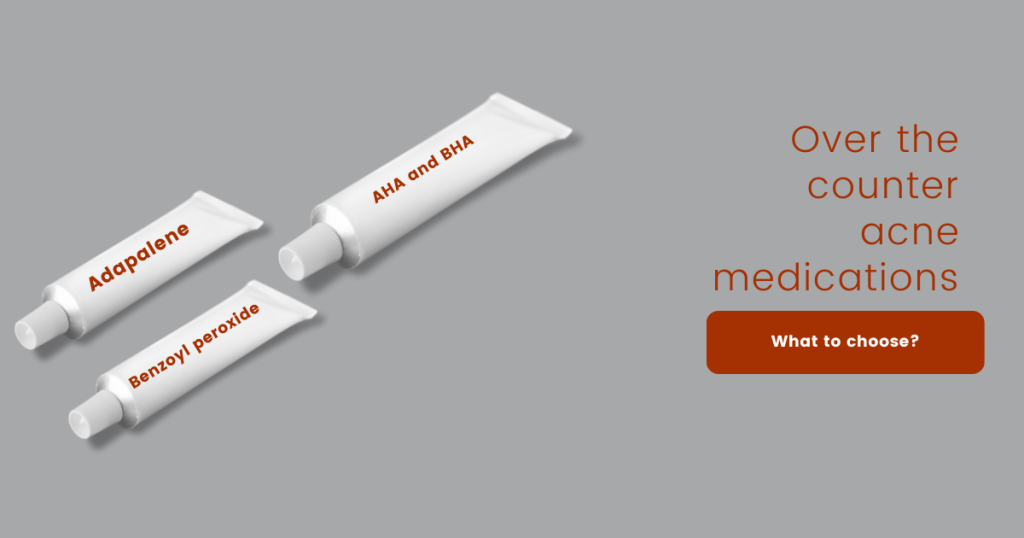Simply put, acne is inflammation of the glands at the base of hair follicles called Sebaceous glands. This process can lead to the formation of swollen, red, and at times painful skin bumps that frequently go away on their own but can also leave scars if the swelling becomes chronic and out of hand.
How prevalent is acne?
Acne is the most common skin condition in the world and affects more than 90% of the world’s population at some point during their lifetime. Although it mostly troubles adolescents and young adults, acne can occur at any age. A study by the American Academy of Dermatology, published in 2006, predicted that acne affects about 50 million people every year and 85% of people between the ages of 12 and 24 suffer from this condition.
How long can acne last?
Recent reports show that the frequency of acne is increasing in the adult population, mostly women (up to 15% of women of all ages), and we still do not have a good idea why this is happening. In fact, increased frequency of acne in adult women has led to a new name for this condition: Adult Female Acne (AFA). Due to its importance, I will pay a more in depth visit to this condition in another blog.
What causes acne?
There are many reasons involved in the development of acne, but we believe that the main mechanisms involved are:
- Increased Sebum secretions
- Abnormal growth of the sebaceous glands
- An abnormal skin growth process called Keratinization
- Clogging of the pores that lead down to the hair follicles and glands
- Increased bacterial growth in an environment that had become very supportive of bacterial overgrowth.
- At times our own immune system’s exaggerated response may have a role in the development of acne.
We have come to realize that hormonal changes and at times some medical conditions such as polycystic ovarian disease (PCO) that affect our hormonal environment can affect many of the factors mentioned above and therefore lead to acne breakouts.
How to prevent acne?
There are many simple steps to minimize acne breakouts including:
- Keep your face clean, preferably wash your face once or twice a day with a gentle quality cleanser.
- Avoid rough physical treatment of your skin with exfoliating brushes or washcloths, they can render your skin dry and cause additional irritation that will increase your acne breakouts.
- Do not apply skincare products that may cause clogging of your skin pores, look for “non-comedogenic” products on the labels. It is a good bet to obtain your skincare products from a skincare specialist and make sure you are using quality noncomedogenic/water-based/oil-free make up products.
- If you are having acne breakouts in your forehead make sure you are not using caps or hats and try not using hair products that may have a role in inducing breakouts.
- Do not touch your face, pick, or pop your pimples! It will increase the inflammation in the area and leave long-lasting scars on your face.
- By far one of the most important steps in taking care of your acne is using quality moisturizers and sunscreens that are made specifically for the face rather than the body. Usually, products that are used in other areas of the body contain more oil and can cause worsening of acne.
When to seek professional help:
- If your acne has not responded to the use of over-the-counter products within 6 to 8 weeks.
- If you have moderate to severe acne. Moderate to severe acne tends not to respond to over the counter medications and usually requires prescription-strength mediations.
- If you have been maintained on over the counter medications successfully and all of sudden have developed a worsening of your acne with no response to what you have been using. This may be an indication of a more serious underlying problem rather than simple acne.
- If you feel like you are at risk of scarring of your skin because of acne or have already developed scarring.
©2020, Kourosh Moazemi, MD FACP
Kourosh Moazemi is the owner of Beau Visage Aesthetics.



